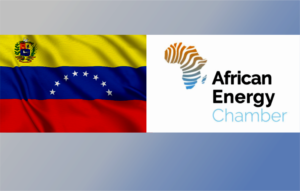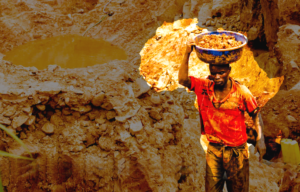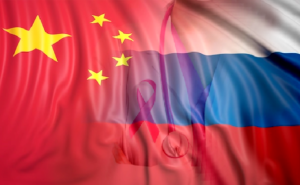Captain Ibrahim Traore Combating Desertification in Burkina Faso with Green Offensive
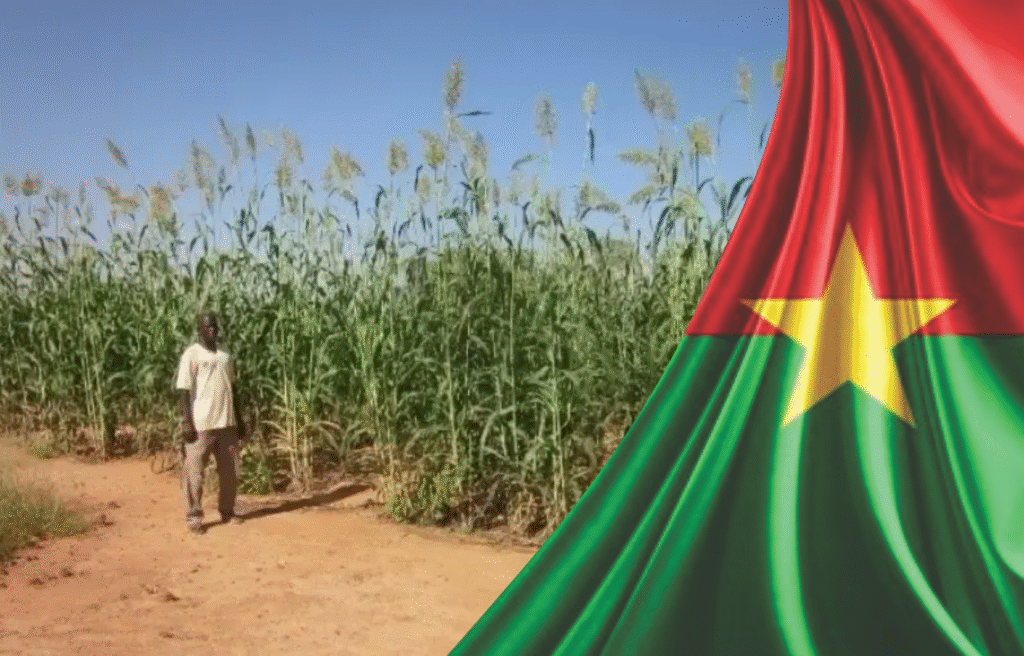
In a country where the Sahara creeps steadily southward, Captain Ibrahim Traoré’s government is mounting an ambitious counter-attack. Burkina Faso, long vulnerable to drought, deforestation and land degradation, is now waging a nationwide campaign against desertification that blends environmental urgency with political sign and social renewal.
At the heart of the effort is a sweeping reforestation plan. On National Tree Day in June 2025, Traoré personally launched a campaign to plant five million trees, part of a broader vision to seed 20 million new trees across the country. The initiative includes the creation of medicinal plant nurseries. At least one per province, each spanning two hectares and equipped with irrigation systems. Beyond their ecological benefits, these nurseries have cultural resonance, reviving traditional knowledge of healing plants and linking environmental restoration to community identity.
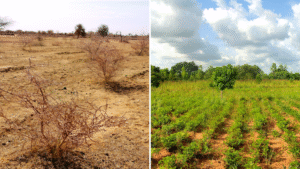
Traoré declared during the campaign’s launch that this is about sovereignty. The statement carried echoes of Thomas Sankara’s narrative, a former Burkina Faso’s revolutionary leader of the 1980s, who also saw tree planting as a patriotic act. Many observers view Traoré’s green drive as both a continuation of Sankara’s ecological legacy and a political reaffirmation of national self-reliance.
But the government’s environmental vision extends beyond figurative. The creation of a National Water Fund and 80 community-led water committees represents a structural effort to secure water access and sustainability. Meanwhile, plans to restore 5,000 hectares of degraded land aim to revive soil fertility and biodiversity in rural regions where agriculture remains the backbone of the economy.
Rural development lies at the center of the strategy. The construction of 175 kilometers of cattle tracks is designed to ease tensions between herders and farmers. A frequent source of conflict in the Sahel. Additionally, 15 new fish ponds are being established to promote aquaculture, while investments in agricultural mechanization, including the importation of tractors, seek to boost productivity and reduce dependence on imported food.
![]()
Economically, the campaign promises to generate green jobs, from nursery workers to water technicians. Communally, it is reviving community participation and pride in local ecosystems. Administratively, it reinforces Traoré’s image as a populist reformer seeking to rebuild Burkina Faso from its roots literally and figuratively.
Still, some challenges remain. Funding, long-term maintenance and the impact of a gradually reducing insecurity in the country’s northern regions, could somehow challenge the sustainability of these projects. Yet, for many Burkinabè, the campaign offers a rare source of optimism. A vision of a greener, self-sufficient nation reclaiming its land and destiny from the advancing desert.


